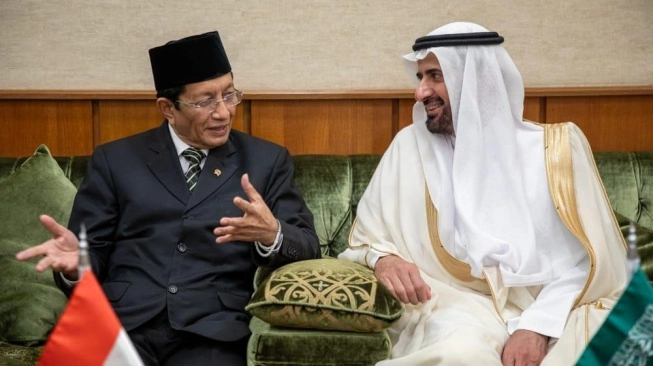Saudi Arabia to Introduce Long-Term Hajj Service Contracts for 2025 Season
JAKARTA, RAKYAT NEWS – The government of Saudi Arabia is set to implement a new policy for the organization of Hajj 1446 Hijriah/2025 CE, including the introduction of long-term service contracts aimed at enhancing the quality of services provided to pilgrims.
“There will be several new policies implemented by Saudi Arabia for Hajj 2025, including long-term service contracts to ensure continuous service quality,” said Hilman Latief, Director General of Hajj and Umrah Services at Indonesia’s Ministry of Religious Affairs (Kemenag), in a statement on Friday.
Traditionally, Hajj service contracts in Mecca and Medina have been signed annually or per Hajj season. This means that vendors providing accommodation, transportation, and catering services are contracted only for the duration of a single Hajj season.
Latief explained that after each Hajj season, sending countries must renegotiate contracts for the next year. The new policy will include special contracts for Hajj officers at the sacred sites of Masyair. Currently, these officers are not charged any fees during the peak period of Hajj.
“Special contracts for transportation and accommodation for Hajj officers in Masyair will also be implemented,” he added.
Additionally, the Indonesian government is preparing for the procurement of Hajj services in Saudi Arabia, which includes accommodation, transportation, and catering.
“In the near future, several teams will be deployed to prepare for services abroad. We will also collaborate with the Indonesian Ambassador, Consul General, Hajj Bureau, and the Hajj Fund Management Agency (BPKH) to ensure the upcoming Hajj is more organized and ideal,” Latief said.
The Hajj service teams are expected to begin their tasks in Saudi Arabia by early December. Latief hopes that issues from previous years can be addressed with more thorough and earlier preparations.
“The team will operate according to established standards and adjust to the new policies in Saudi Arabia. Hajj is not just Indonesia’s responsibility, but also requires collaboration with the Saudi government,” he explained. (Uki Ruknuddin)



























Tinggalkan Balasan